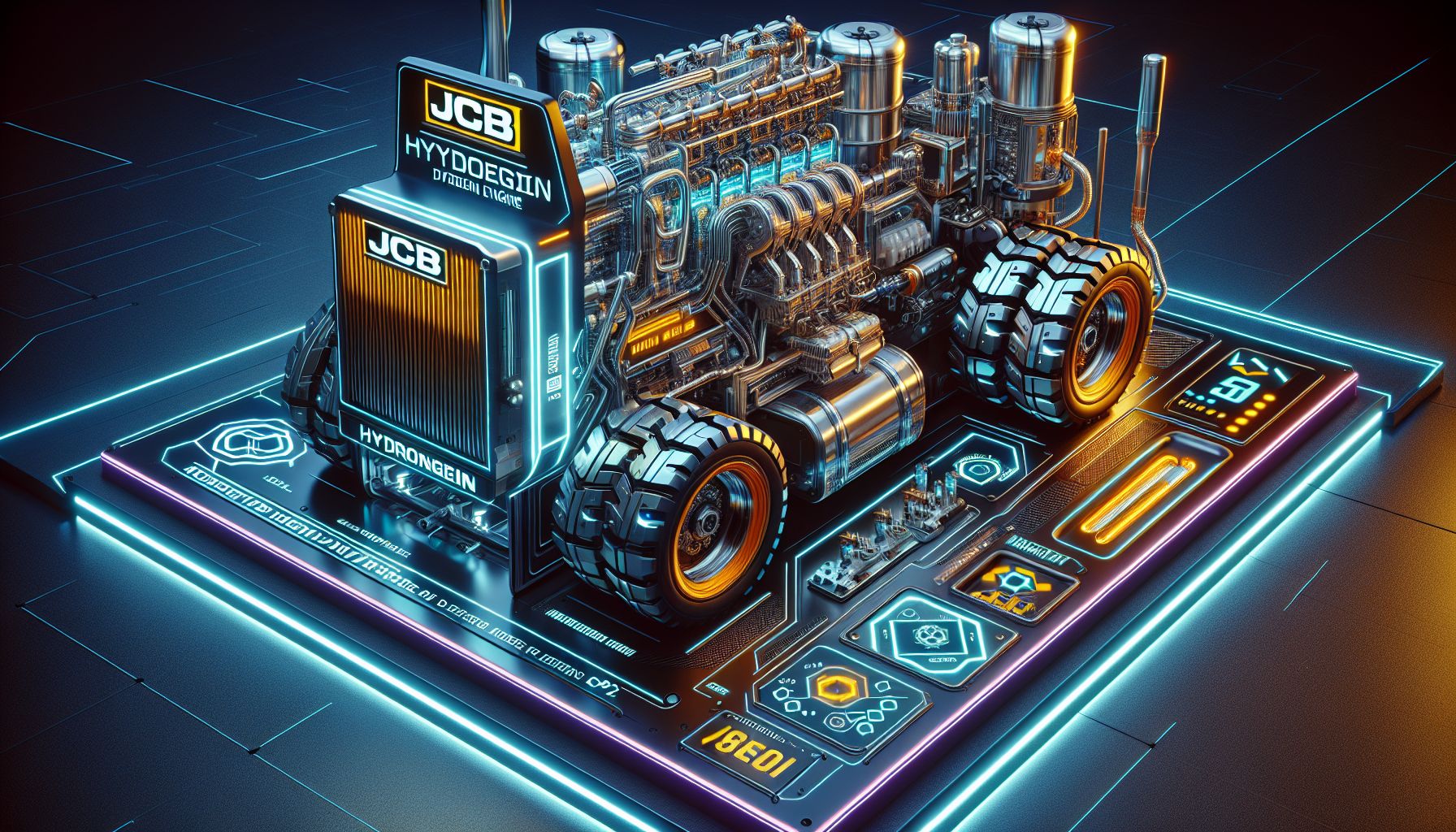JCB's Hydrogen Engine: A Diesel's Rival Emerges

Rocester, Monday, 3 February 2025.
JCB’s hydrogen engine, now approved, could be a game-changer. It offers zero CO₂ emissions and fast refuelling but hinges on green hydrogen and infrastructure investments. Is diesel’s reign threatened?
A Historic Milestone
I’m excited to share that JCB has just achieved a groundbreaking milestone. Their hydrogen combustion engine received regulatory approval on February 2, 2025, making them the first construction equipment company to reach this achievement [3]. The journey wasn’t simple - it involved a dedicated team of 150 engineers working tirelessly over three years, backed by a substantial £100 million investment [1][3]. This approval from 11 licensing authorities, including major players like the UK, Germany, and France, marks a significant shift in heavy machinery’s future [1].
Technical Advantages and Challenges
As someone passionate about sustainable technology, I find JCB’s approach fascinating. Their hydrogen engine offers zero CO₂ emissions at point of use and doesn’t rely on precious metals like lithium or cobalt [1]. However, I must point out some challenges. While the engine promises faster refueling compared to electric alternatives, it does produce some NOx emissions [1]. Additionally, current hydrogen engines face efficiency challenges compared to fuel cells [1]. Yet, the ability to use existing engine technology makes the transition more practical for many businesses [1].
Infrastructure and Future Prospects
Looking at the broader picture, I see both promise and hurdles ahead. The most significant challenge isn’t the engine itself but the supporting infrastructure. Currently, hydrogen refueling stations are scarce [1], and there’s a critical dependency on scaling up green hydrogen production [1]. Some industry experts, like Gianni Soglia, raise concerns about the broader hydrogen vehicle infrastructure, suggesting that success will require more than just engine approval [7]. However, JCB’s achievement in early 2025 positions them at the forefront of this technological transition [3].
Market Impact and Industry Response
I’m particularly intrigued by how this development could reshape the construction equipment market. The timing is significant as the industry faces increasing pressure to reduce emissions. While some skeptics point to past challenges with alternative fuel vehicles [7], JCB’s hydrogen engine offers a practical solution that maintains the familiar aspects of internal combustion while significantly reducing environmental impact [1][3]. The £100 million investment shows serious commitment to this technology’s future [1][3].